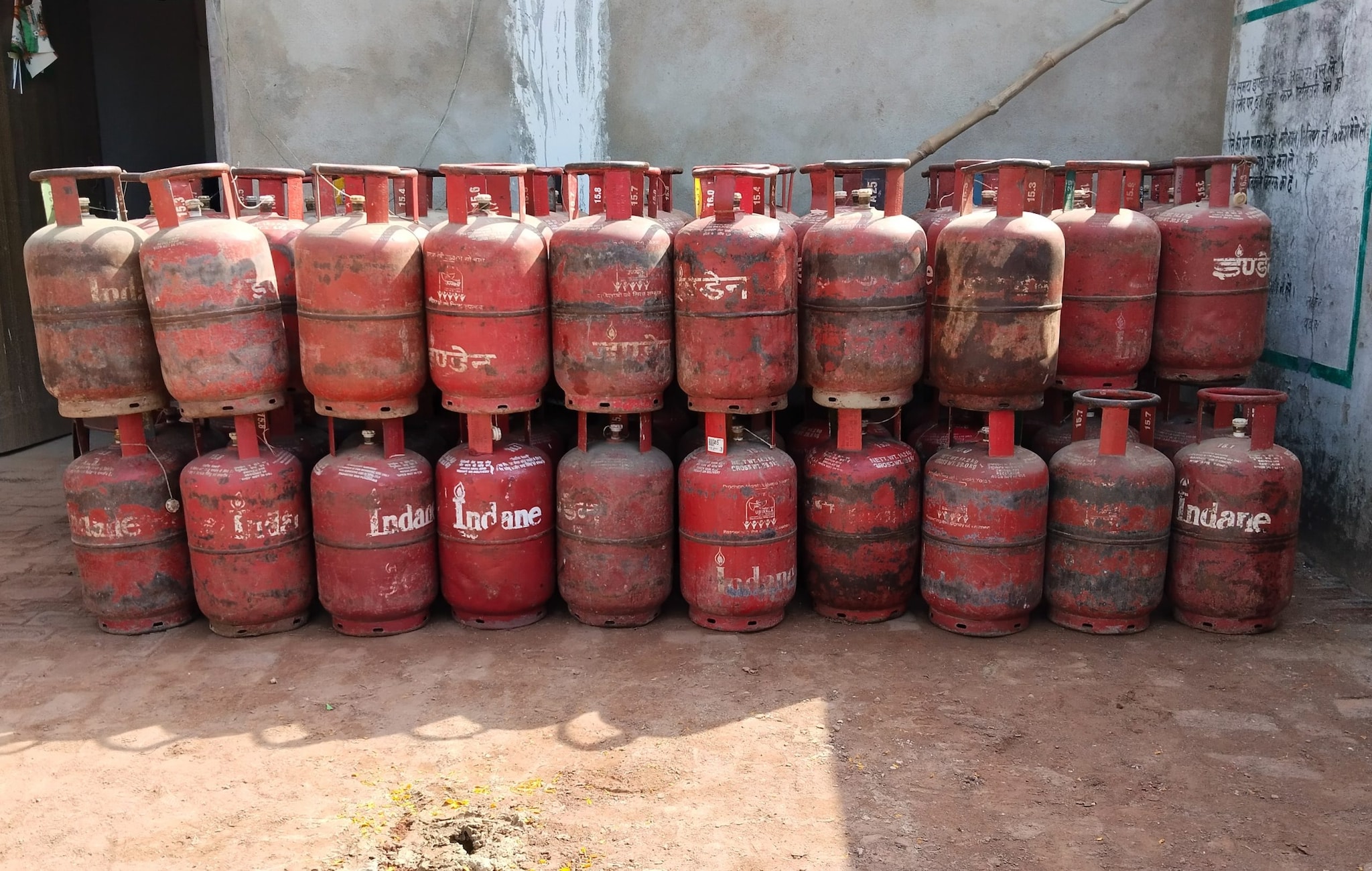The Philippines' relatively lower reciprocal tariffs, to be levied by the United States (US) on imports, will shield domestic banks from larger losses due to the economic fallout, according to the debt watcher Moody's Ratings. Across the Asia-Pacific region, where many countries will be slapped with some of the highest reciprocal tariff rates under the watch of US President Donald Trump, Moody's warned that "the impact on banks is credit-negative, albeit to different levels, leading to heightened uncertainty for investors and consumers." Banks in Bangladesh, Thailand, and Vietnam would be the worst hit, "because of their economies' higher reliance on exports to the US compared with other economies in the region," Moody's said in an April 7 credit outlook report.
"In these three countries, a moderation in exports to the US will hurt economic growth, straining loan growth for banks and hurting loan quality," Moody's explained. On the other hand, Asia-Pacific economies with the lowest tariffs—reciprocal tariffs for some with which the US has a trade deficit, and a 10-percent baseline rate for all others—would have their banks "experiencing the least damage from direct tariffs." These include banks in the Philippines, Australia, Hong Kong Special Administrative Region (SAR) in China, Mongolia, New Zealand, and Singapore.

The impact on banks in China, India, Indonesia, Japan, Malaysia, South Korea, and Taiwan, meanwhile, "will be more manageable because of either economic diversification, low exports to the US, or both," according to Moody's. "To counter the strain from higher US tariffs, it is likely that some central banks in Asia-Pacific will begin reducing interest rates sooner than when the markets expect, or moderate the pace of their rate hikes, as in the case of Japan," Moody's noted. The Bangko Sentral ng Pilipinas (BSP) is widely expected to cut key policy rates this coming Thursday, April 10, to resume its easing cycle, which it paused in February amid greater global economic uncertainties, including the threat of Trump's tariffs at that time.
Moody's said rate cuts "will lead to lower bank margins." "We also expect higher government support and other measures from the central banks, including interest rate reductions and loan restructurings for borrowers in the most affected industries," it added. It would also help Philippine firms that their exposure to the US, in terms of sales revenues, is the lowest in Asia-Pacific, at below five percent of total, Moody's data showed.
.
Business

Philippine banks to face 'least damage' in Asia-Pacific from Trump's tariffs—Moody's

The Philippines' relatively lower reciprocal tariffs, to be levied by the United States (US) on imports, will shield domestic banks from larger losses due to the economic fallout, according to the debt watcher Moody's Ratings.














